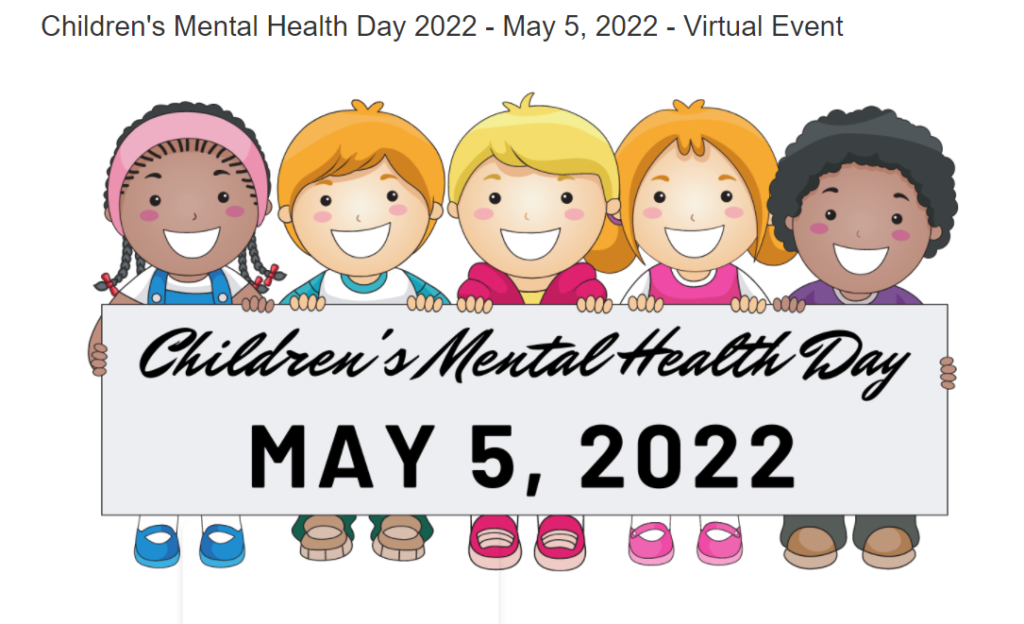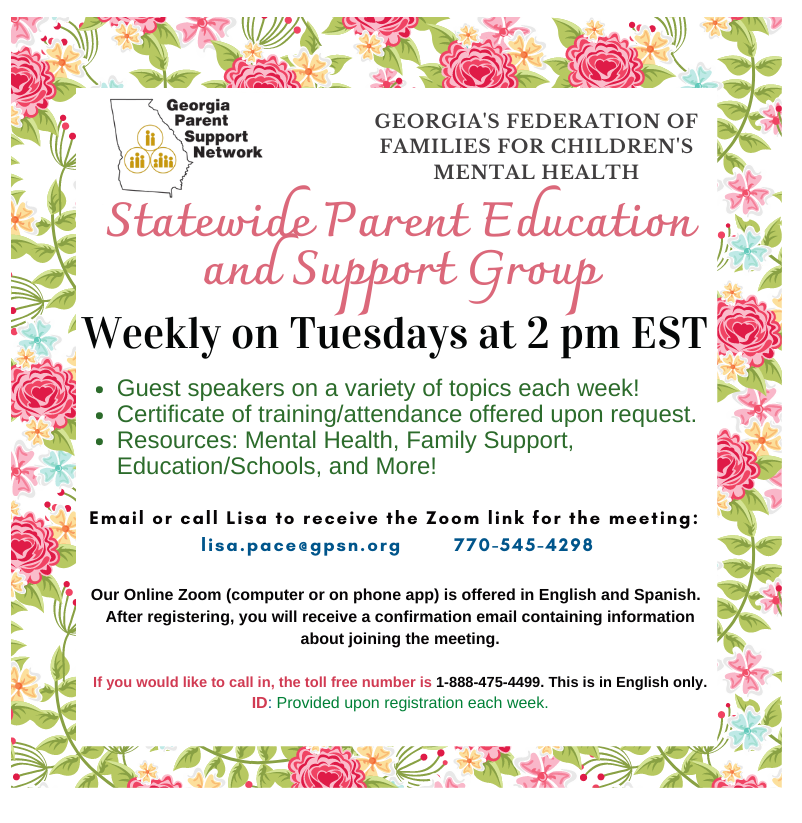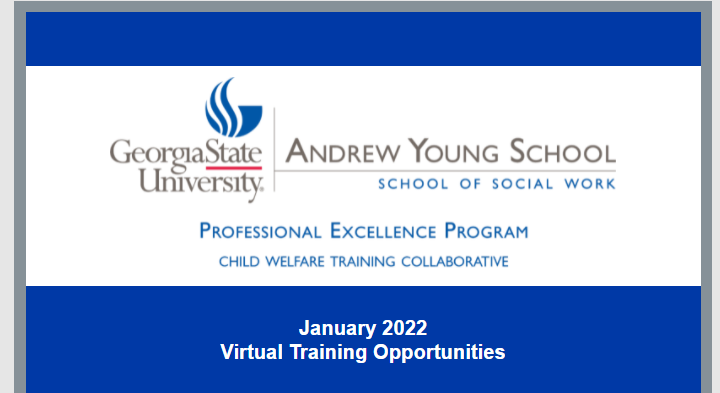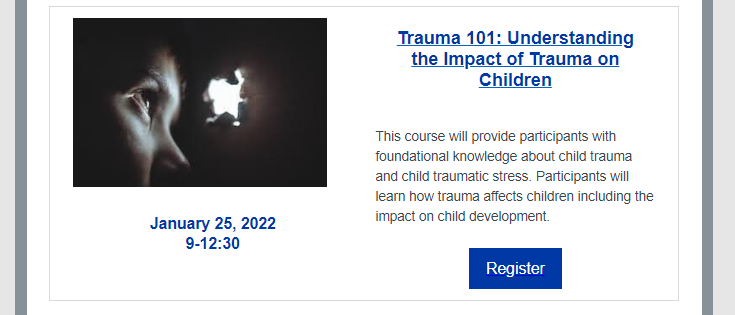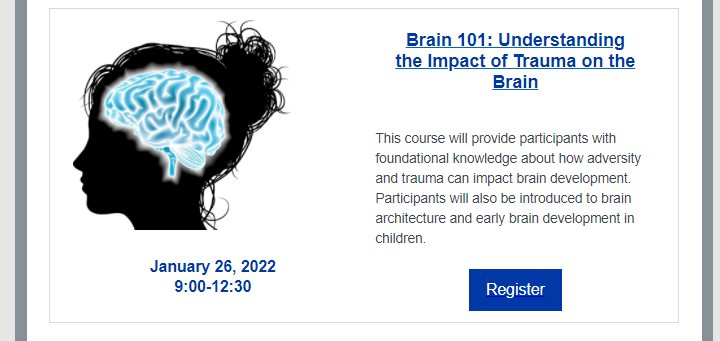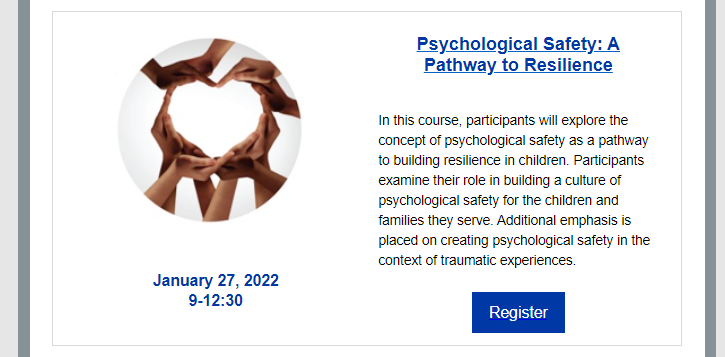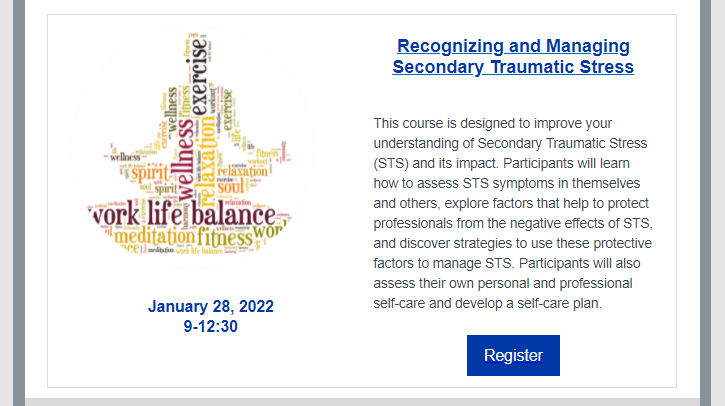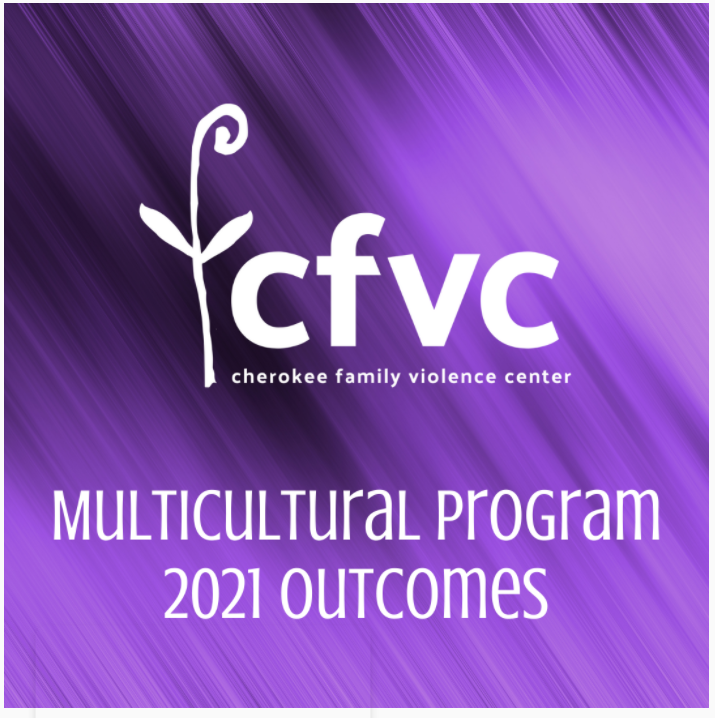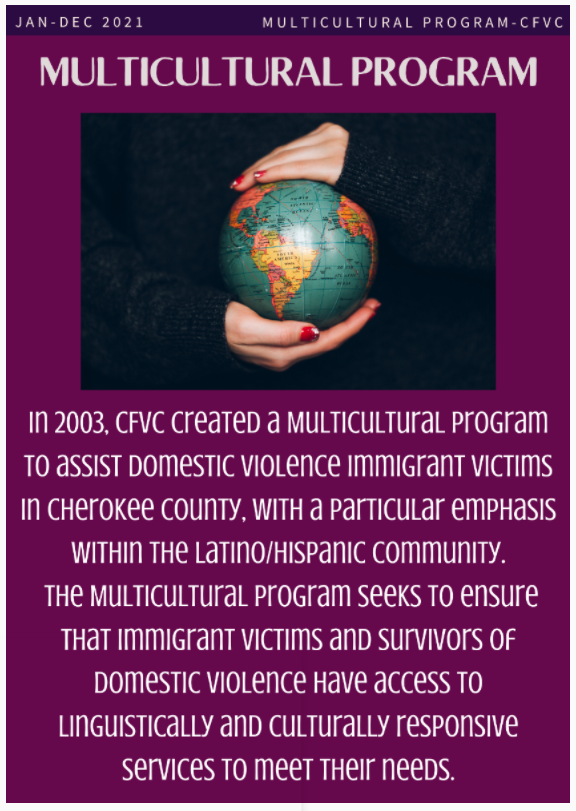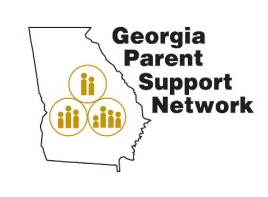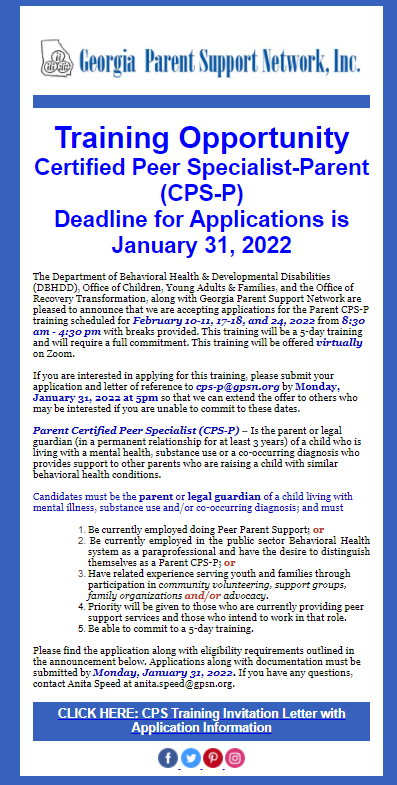Statewide Parent Education and Support Group
Project Amplify

|
|
All Children-All Families: Field Forward News Letter
Welcome to 2022! Here at HRC we wish everyone a safe and happy new year as we continue fighting for LGBTQ+ equality and inclusion. In this month’s edition of Field Forward, ACAF is excited to share the launch of our 5th annual webinar series! The series covers our usual core curriculum topics and a host of new special topics with expert panels and guest speakers. Download the list of all webinars and descriptions and register today! More details are included below. We also highlight National Black HIV/AIDS Awareness Day on February 7th and include resources on supporting Black and Brown LGBTQ+ youth.
Webinar Tomorrow, 1/26: “Putting Intersectionality in Practice”
Tomorrow’s webinar will introduce participants to intersectionality and how it informs our efforts to achieve safety, permanency and well-being for all young people. Participants will learn what it looks like in practice for child welfare professionals through videos and case scenarios. Register here!
New Webinar Offerings for Foster/Adoptive Caregivers
The ACAF team is introducing a new webinar for foster/adoptive caregivers to continue their journey towards being affirming to LGBTQ+ youth. On May 11th we’ll be hosting “Caring for LGBTQ+ Youth 201: A Deeper Dive for Foster & Adoptive Caregivers,” we hope you’ll share this with the caregivers in your network. A recorded version of the first level of this training, “Caring for LGBTQ Youth” is currently available in our webinar archive for on-demand viewing. In July, we will also introduce “Post-Placement Support for Professionals & Caregivers of LGBTQ+ Youth”. This interactive webinar will focus on the questions, concerns, and challenges a caregiver might encounter as an LGBTQ+ young person in their care grows up.
Special Topics
From now until August, we will host additional special topics webinars. Check out Field Forward every month for all the latest information on upcoming webinars. Here’s an overview of what you can expect: using a racial equity lens to update child welfare practices, navigating transgender-affirming care using Medicaid/CHIP, SOGIE considerations in child protective services, LGBTQ+ affirming text within doctrines of faith, and an overview of the communities represented by the “+” in LGBTQ+.
Time to Thrive – Last Call to Register
Last chance to register for our 9th annual Time to Thrive national conference! The Human Rights Campaign Foundation in partnership with the National Education Association and the American Counseling Association presents Time To THRIVE, the national conference to promote safety, inclusion, and well-being for LGBTQ youth…everywhere! Our 9th annual conference will be presented virtually on February 9 – 10, 2022. Use ACAFDiscount22 at checkout to get a special rate. We hope to see you there!
LGBTQ+ Youth are Overrepresented in Foster Care. Here’s One Transgender Teen’s Story in Virginia
A 14-year-old transgender girl shared her experiences in the Virginia foster care system and details discrimination she has faced as a member of the LGBTQ+ community. Research has shown that LGBTQ+ youth are overrepresented in the foster care system – many having faced family rejection around their sexual orientation, gender identity or expression as this story highlights. ACAF helps child welfare organizations around the country to address these issues through LGBTQ+ inclusion training, technical assistance and innovative tools including an agency self-assessment process.
Trans People Face New Paperwork Hurdle In COVID-19 Vaccination Cards
For transgender individuals who already contend with costly documentation changes and barriers regarding health insurance, COVID–19 vaccination records and varying pharmacy rules present a new paperwork hurdle. Requiring patients to report sex assigned at birth for the COVID-19 vaccine forces those with a gender identity and expression that differs from their sex assigned at birth to out themselves in order to have vaccination records. More from them.
Support Trans and Non-Binary Youth By Hosting a Jazz & Friends National Day of Community Readings Event
Jazz and Friends National Day of Community Readings in Support of Transgender and Non-Binary Youth is an annual national reading of affirming, inclusive and educational books that cover the trans youth experience. In partnership with the National Education Association and the American Association of School Librarians, this year’s day of readings will be held on Thursday, Feb. 24, and we want you to be a part of it by hosting an event in your community!
Resource Highlight for National Black HIV/AIDS Awareness Day
On February 7th, HRC recognizes National Black HIV/AIDS Awareness Day. Historically Black Colleges and Universities (HBCUs) have a critical role in ending the HIV/AIDS epidemic. Data shows that 1 in 5 new HIV diagnoses are among young people between the ages of 13 and 24 years old, with Black and Latinx youth accounting for most. HRC has a variety of resources such as the HBCU Health Directory. Also, Making HIV History + A Pragmatic Guide to Confronting HIV at Historically Black Colleges and Universities is a comprehensive guide for HBCU administrators, staff and students outlining many of the critical steps higher educational institutions can take to help achieve an HIV-free generation.
ACAF Program Updates For programmatic updates, please reach out to our team at acaf@hrc.org
HRC released The Wage Gap Among LGBTQ+ Workers in the United States, an analysis of data from the Bureau of Labor Statistics.
2/8 – Introduction to LGBTQ+ Inclusion 2/17 – Best Practices for Serving LGBTQ+ Youth
February Observances Black History Month |
Supporting Foster and Adoptive Families of Color: Stories and Strategies from Leaders of Color in Child Welfare Webinar

Thursday, February 17, 2:00–3:30 p.m. eastern time
In this 90-minute AdoptUSKids webinar, presenters will explain why Black and Brown families need unique support from the child welfare system, highlight key strategies for supporting Black and Brown families, and share stories from child welfare leaders with lived experience. Presenters: · Ligia Cushman, MA, national child welfare consultant, AdoptUSKids · Roslind (Roz) Burks, MSW, program field representative, Post Adoption Services, OK · Ja-Neen Jones, director of adoption and foster care resources, TRAC Services for Families, PA Audience: This webinar is intended for professionals involved in supporting adoptive, foster, and kinship families of color. |
Social Current News

 Our workforce has struggled greatly throughout the COVID-19 pandemic. The good news is we are learning how to respond to these alarming trends.
Our workforce has struggled greatly throughout the COVID-19 pandemic. The good news is we are learning how to respond to these alarming trends.
| ||
News
Get news from Social Current and the sector. Read more articles online. |
15-month collaborative to help organizations with their equity goals |
Learn more in webinar with Unite Us Feb. 10 |
Send information to Social Current’s library team by Jan. 31 |
Increase access to testing with new program from National Association of Community Health Workers |
Information gathered from interviews with professionals across U.S. |
EVENTS
Join Social Current’s webinars and dynamic virtual and in-person conferences. Register online. |
NEW! Webinars and Trainings See all upcoming webinars and trainings |
ADVOCATE
Voice concerns to your members of Congress in the Policy Action Center. |
Federal Update: Senate Considers Voting Rights Reform Read our biweekly policy roundup by subscribing to the Policy and Advocacy Radar |
Participants Needed for Census Bureau Research Study Interviews to gather information will be conducted until Jan. 31 |
Take action to affect how these funds are spent |
Take action on issues important to Social Current and our sector |
ENGAGE
Social Current seeks to engage individuals and organizations across the human services ecosystem in a variety of ways. Learn how to engage with us today. | |||
| |||
| |||
| |||
| |||
Questions? Contact Social Current. |
